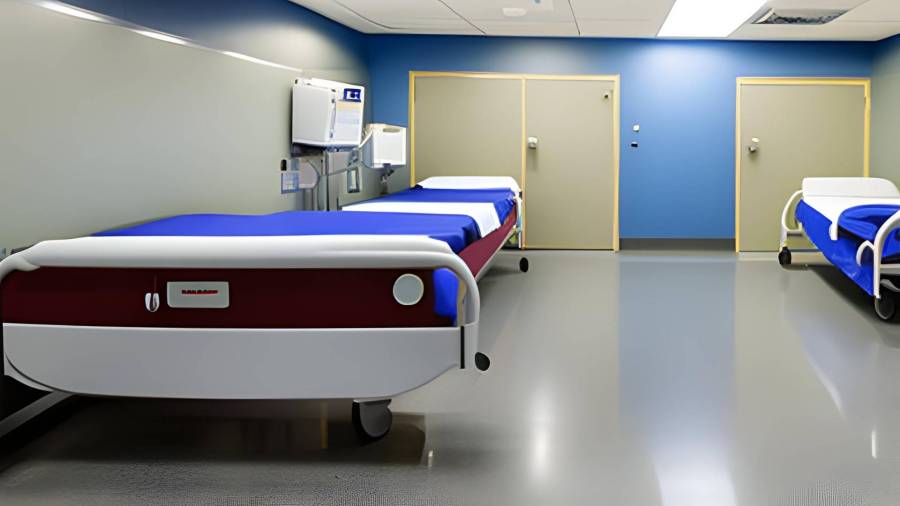Artificial intelligence (AI) has become an integral part of our lives, revolutionizing various industries. One of the latest advancements in AI is ChatGPT-4, a powerful language model developed by Microsoft. ChatGPT-4 is making waves in the field of healthcare by providing innovative solutions for challenging medical cases. In this article, we will explore the capabilities of ChatGPT-4, its impact on the medical industry, and the potential it holds for the future.
See also: ChatGPT: Everything You Need to Know and Timeline of Events
ChatGPT-4, developed by Microsoft, is an AI language model that utilizes deep learning algorithms to understand and generate human-like text. It is trained on a vast amount of data, enabling it to process and respond to complex queries with remarkable accuracy. ChatGPT-4 has been specifically designed to excel in challenging medical cases, making it an invaluable tool for healthcare professionals.
One of the key strengths of ChatGPT-4 is its advanced natural language processing capabilities. It can understand and interpret medical jargon, complex diagnoses, and treatment plans, allowing it to provide insightful and accurate responses. Healthcare professionals can leverage ChatGPT-4 to enhance their decision-making process, gain new perspectives, and improve patient outcomes.
ChatGPT-4 has proven to be particularly effective in tackling challenging medical cases that require in-depth analysis and expertise. Let’s explore some of the areas where ChatGPT-4 has made a significant impact.
Diagnosing and treating rare diseases can be a daunting task due to their complexity and limited available information. ChatGPT-4 has the ability to analyze rare disease symptoms, genetic data, and medical history to provide accurate diagnoses and suggest appropriate treatment options. This can significantly improve the chances of timely and effective interventions for patients with rare diseases.
ChatGPT-4 acts as a virtual assistant to healthcare professionals, offering diagnostic support in complex cases. By analyzing patient symptoms, medical records, and test results, ChatGPT-4 can provide valuable insights and help physicians make informed decisions. This not only saves time but also reduces the risk of misdiagnosis, leading to better patient outcomes.
Developing personalized treatment plans is crucial for optimizing patient care. ChatGPT-4 assists healthcare professionals in formulating tailored treatment recommendations based on patient-specific factors, such as medical history, genetic predispositions, and lifestyle. This individualized approach can greatly enhance treatment efficacy and patient satisfaction.
Medication interactions can have serious consequences and pose challenges for healthcare providers. ChatGPT-4 aids in analyzing potential drug interactions and offers guidance on dosage adjustments, alternative medications, and potential adverse effects. This ensures patient safety and minimizes the risk of harmful interactions between different medications.
The potential of ChatGPT-4 in the medical industry is immense, and its impact is only expected to grow in the future. Here are some areas where ChatGPT-4 is likely to make significant contributions.
ChatGPT-4 can assist researchers in analyzing vast amounts of medical data, accelerating the research process, and identifying patterns and correlations that may otherwise go unnoticed. By leveraging the power of AI, researchers can uncover new treatment modalities, discover potential drug targets, and advance medical knowledge as a whole.
With the rise of telemedicine and remote care, ChatGPT-4 can play a crucial role in bridging the gap between patients and healthcare providers. It can provide virtual consultations, offer medical advice, and guide patients through self-care routines. This empowers patients to take control of their health while ensuring access to quality healthcare services, regardless of geographical constraints.
ChatGPT-4 has the potential to revolutionize medical education and training. It can serve as a virtual mentor, providing guidance to medical students, residents, and practicing physicians. Through interactive conversations and real-time feedback, ChatGPT-4 can enhance learning experiences, deepen medical knowledge, and improve clinical decision-making skills.
First reported by: Neuroscience News


















